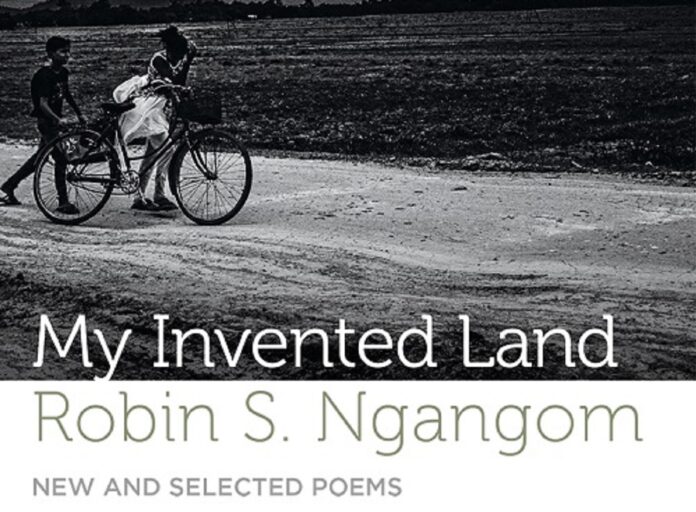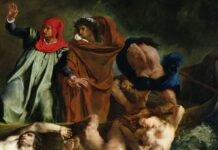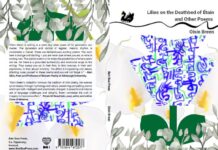Book Review by Anjana Basu
Witnessing The Daily Siege
Manipur is known for being the land of poets. playwrights, choreographers and more. It is also known for Irom Sharmila’s long fast and the Special Powers Act. Famous for being the stage of Netaji’s lost hope in World War-2, Manipur was drawn into Independent India with consequences that were disastrous to the well being of the Manipuris. That was when Manipuri poetry underwent a sea change from the high epic style of the 19th century to modernity and expressions of a dystopian world.
Poets began to respond to the new conditions by adopting a diction that they felt was appropriate to the moment. They were confronted by loss of traditional values, a fragmented country and the jackboots of those who had come to power. The result was a sense of being uprooted and a loss of identity. Unable to look outward with any hope, poets started to look inward and this resulted in expressions of irony and alienation.
The result is that Manipur has to be reinvented to be bearable to those who love her. Writing in the footsteps of the modern Manipuri writers, Robin Ngangom talks about a land in which he cannot live but one to which he is drawn again and again by emotional ties.
It is never too late to come home.’
But I need a homeland
where I can recognise myself,
just a map or even a tree or a stone,
to mark a spot I could return to
Subtly through his verse, he lists the problems that have arisen in Manipur which has been transformed from a once happy princely state to a war torn state of being where young people are forced to resort to drugs to make the political situation bearable.
In A Poem for Mother he writes:
I’ve inherited nothing
of your gentle ways or culinary skills.
Forgive me, for all your dreams
of happiness during your remnant days,
I only turned out to be a small man
with small dreams.
Though he mentions his real mother’s name, Palem Apokpi, it is obvious that mother and motherland merge and Manipur the mother rises from the skin of the poem.
A bilingual poet, Ngangom addresses the problems of insurgency and discrimination without losing his lyrical touch. The State (Manipur) has become a place where doors have to be shut at night, women cannot walk in safety and a constant narrative of sedition is spouted at those who live there. His is a critique of the political and social life of Manipur seen through the frame of his own autobiographical musings. “And the women heavy with seed/ their soft bodies mown down/ like grain stalk during their lyric harvests/ if they wore wildflowers in their hair/ while they waited for their men/ I didn’t care anymore.” He is rooted in the land’s seasons and in its darkness visible, a chronicler of what is going on around him.
In another poem Ngangom writes “everywhere, poets only want to live/ make love and sing”. However, in Manipur these simple activities are under threat and Ngangom’s is a call to the collective conscience of Manipur to save what can yet be saved.
And I think of the hills’ imprisoned evenings,
and the boys far from home squatting in their cells,
in their breasts hope fading
and grim embers burning their eyes,
their days an empty platter
their nights a dark shroud.
And I think of their captors
feeding the meals of hatred
Distanced by mainland India, socially and politically, the traditions of Manipur are endangered but they call to their poets for rescue. Ngangom describes a land bound in eternal winter but touched by the warmth of memories. His is a record of journeys of the spirit, through once evergreen lands that are now barren. His is a seeking of the whys and the wherefores ending in a monk’s passive acceptance, a determination to rise above the everyday and find new meaning through an apocalypse of the soul.
*
A short excerpt from the Poet’s introductory note to the collection:
In 1964, when Joseph Brodsky was asked by Soviet authorities what he did for a living and he replied that he wrote poetry; he was immediately arrested on the charge of ‘social parasitism’. Is the writer a ‘social parasite’ or a ‘conscience-keeper’ for his society? One thing is certain: he values his freedom above everything else, and will protect it fiercely. I think the task that literature of the Northeast must address is what Albert Camus called ‘the double challenge of truth and liberty’. Truth, because what can the writer hope to accomplish now except to tell the truth?
Book Details : My Invented Land: New and Selected Poems – Robin S Ngangom- Speaking Tiger – INR 399/-
About the Reviewer
Anjana Basu is a noted novelist, poet, reviewer and travel writer.
















